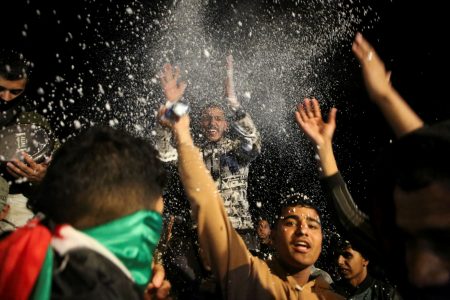A visit by a foreign leader, such as President Erdogan’s trip to Greece must be suitably prepared at all levels, in order to yield substantial results and not develop into a hideous affront to the country’s interests.
Judging by the results, the foreign ministry, the prime minister’s office, and the office of the presidency failed to gauge properly the facts, the domestic and international ulterior motives of Erdogan, and the explosive character of the Turkish president.
The events that Greek citizens witnessed in live broadcasts yesterday demonstrate that Mr. Erdogan tailored the agenda of meetings to his personal liking.
The unfortunate decision of President Prokopis Pavlopoulos to respond to the taped interview of Mr. Erdogan, which had been broadcast the night before on Greek television, gave his guest the opportunity to publicly put on the table all the claims that the Turkish side has raised against Greece over the years.
The result is that the talks focused on the Treaty of Lausanne and issues pertaining to the Muslims of Thrace, which the Greek side had absolutely no reason to bring to the forefront in talks with a foreign leader.
A visit that was ostensibly organised to improve the climate in Greek-Turkish relations, and open a window of opportunity for cooperation, ended up by brining to the surface all the open wounds that remain in the two countries’ relations.
We gave the opportunity to Erdogan, who is to a large degree isolated from the international community, due to the authoritarian measures that he has imposed after the abortive military coup against him, to portray the decisive leader who does not hesitate to defend his interests as he sees them.
The self-evident response of Prime Minister Alexis Tsipras saved the day somewhat in terms of appearances, but unfortunately the problems remain and await us in the future.
Obviously, two neighbouring countries with diachronic bilateral problems, and facing challenges in the troubled wider region, are obliged to seek bridges of rapprochement and understanding.
But that cannot be achieved with amateurish communications planning, with inadequate preparation, and without diplomatic actions and initiatives prepared in advance.
Although the visit of the Turkish president was characterised as historic, as 65 years have passed since the last official visit of a sitting Turkish head of state, no one unfortunately can say that this was demonstrated in practice.
On the contrary, the general sense is that the trip created more problems and tensions than it could solve. For this, some officials on the Greek side bear the responsibility.


